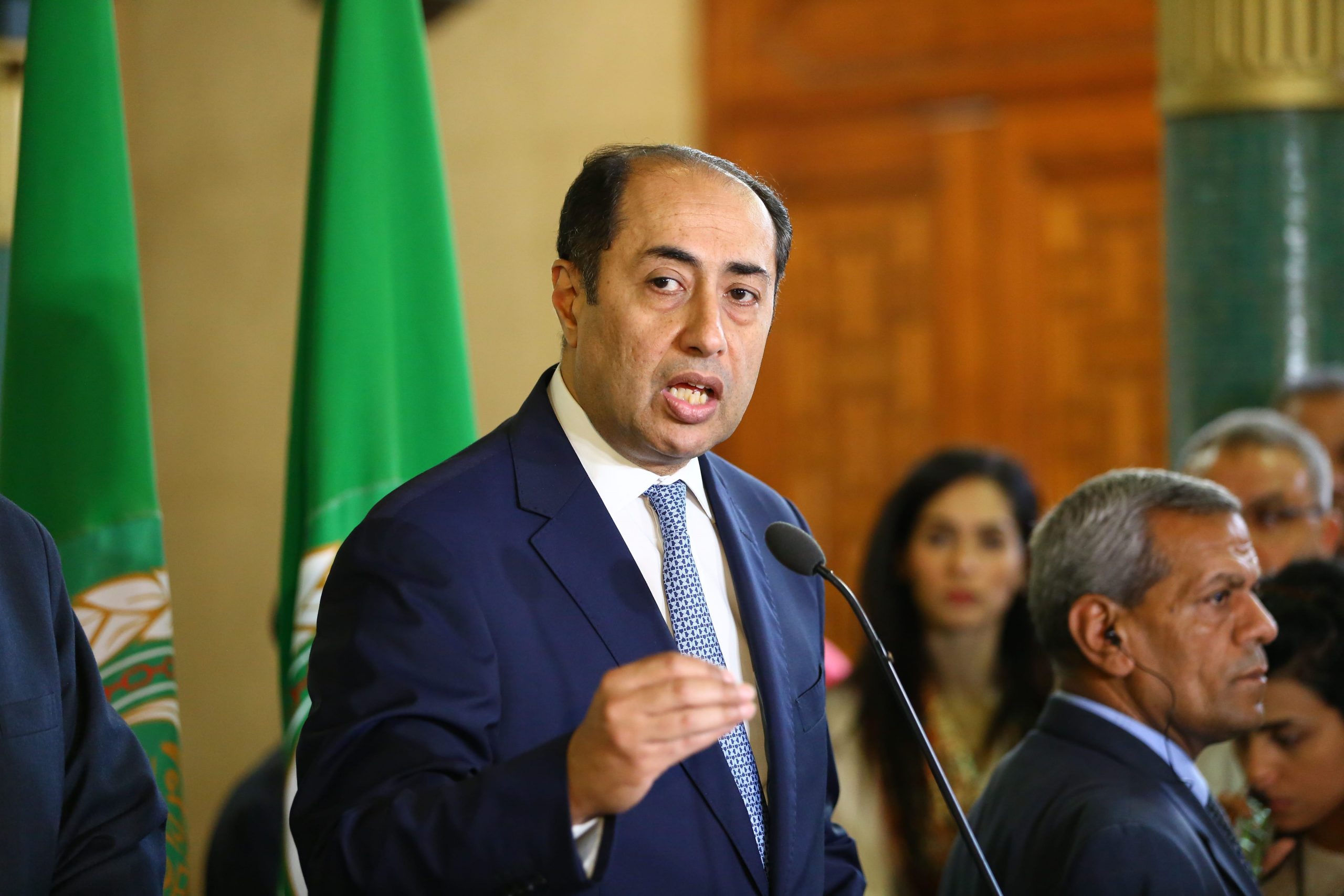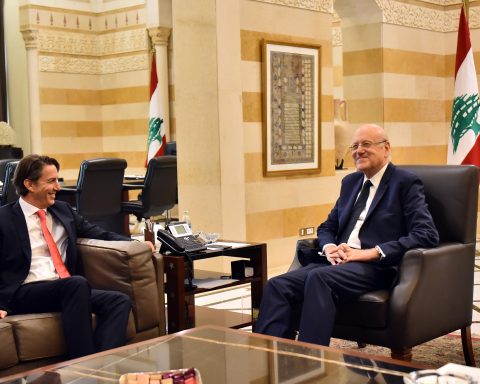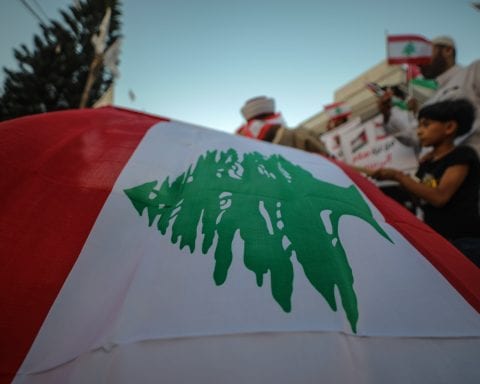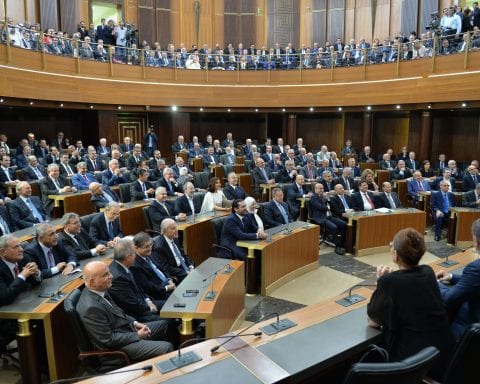Speaking on the second day of his visit to the crisis-wrenched country, Arab League Assistant Secretary-General Hossam Zaki has called for “patience, political will and more communication” to break Lebanon’s political deadlock. He held “everyone is still insisting on their positions”, while also warning that “The worst is yet to come, and action must be taken before it is too late”.
The Arab League official voiced his support for Maronite Patriarch Bechara Boutros Al-Rai’s call for “a neutral Lebanon,” a plea that sparked an internal dispute in the country. After his meeting with Al-Rai, Zaki said the patriarch’s position “is in total harmony with the Arab League Council’s decisions regarding Lebanon’s self-distancing policy and keeping the country out of all regional conflicts.”
During his meeting with Lebanese President Michel Aoun, Zaki asked about the fate of the Taif Agreement in light of political statements calling for the cancelation or amendment of the agreement for non-Lebanese interests. All foreign initiatives to end the political deadlock in Lebanon have ended in failure.
In his latest speech, Aoun focused on the need for a forensic financial audit of the Lebanese Central Bank instead of focusing on the formation of the government.
The Bank’s central council said on Friday that it had submitted an updated list of the documents requested by auditors Alvarez & Marsal to Finance Minister Ghazi Wazni.
Wazni said later that he had delivered the list to the company.
A Finance Ministry source told Arab News: “We are still taking the first steps. The provided information included a list of the required documents. It might take two weeks to provide the documents, which should be done before the end of April.”
On Wednesday, Aoun talked about “the biggest heist in Lebanon’s history,” referring to depositors’ money in Lebanese banks and the financial collapse.
He also accused “political and non-political leaderships of providing cover for the Central Bank, Lebanese banks, and the Finance Ministry.”
The parliament in November recommended a forensic audit of all state institutions, including the Central Bank of Lebanon. In December, the parliament agreed to lift the banking secrecy rules for one year. Lebanon’s banking association rejected this and described the parliament’s decision as a campaign waged against the Lebanese banks by politicians.














